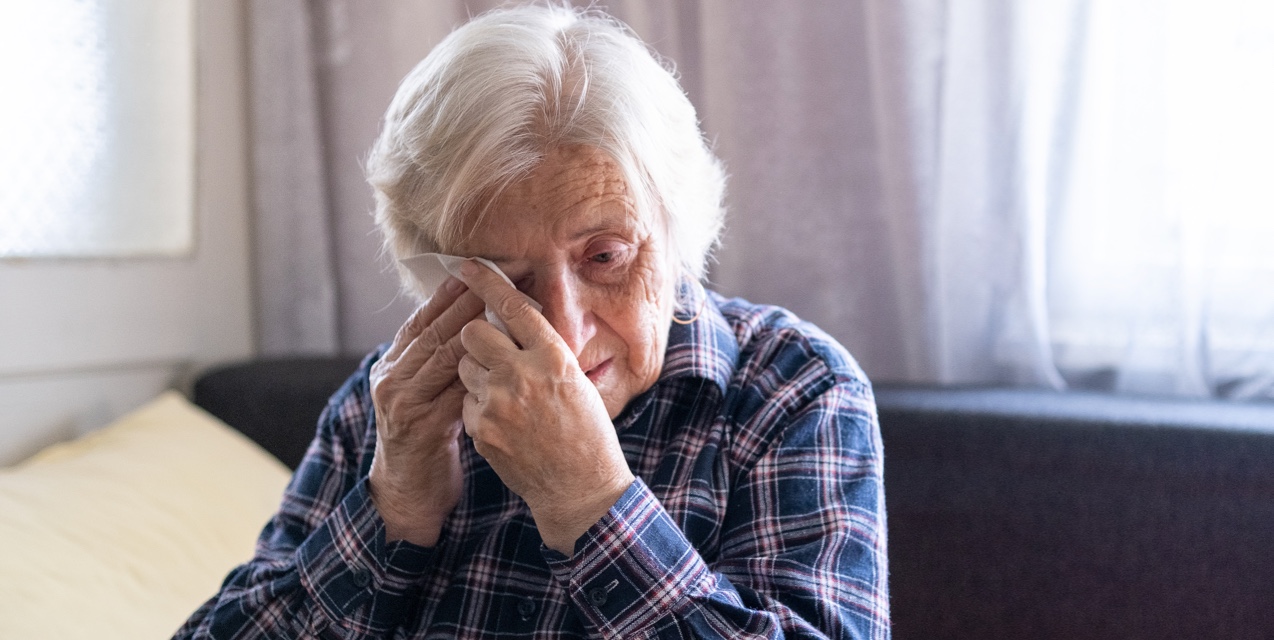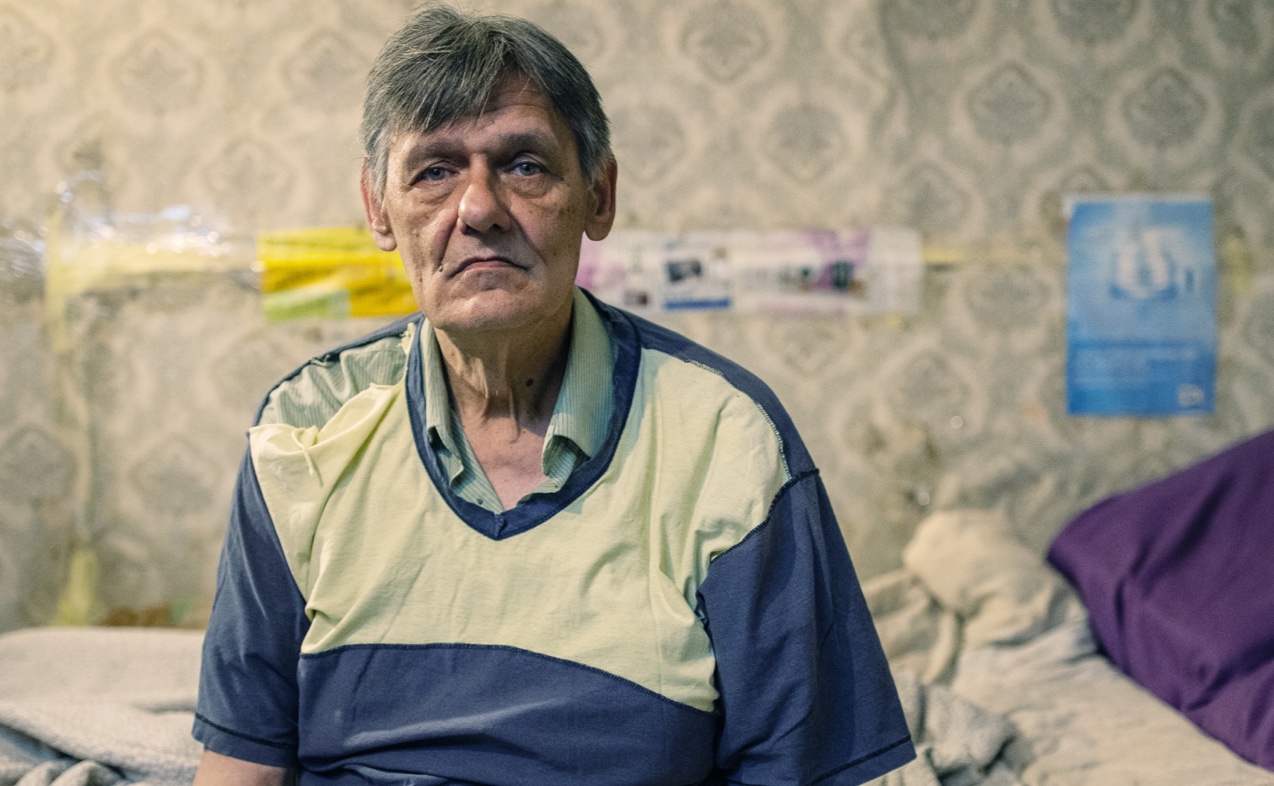What Is Neglect?
Neglect can include a lack of necessities such as food, clean water, safe shelter, clean clothing, good hygiene, and essential medical care. Neglect may result from a caregiver not providing necessary care or it can be self-neglect. More than half of all cases reported to APS involve neglect. Most of those are self-neglect. Adults or adults with disabilities are at a higher risk of neglect because they depend on others.
Below are tips that can help you determine if someone you know might be in a state of neglect. If the adult is being neglected, talk to him or her about their needs and see if you or others can help. If you cannot provide the necessary help, learn more about reporting the situation.



